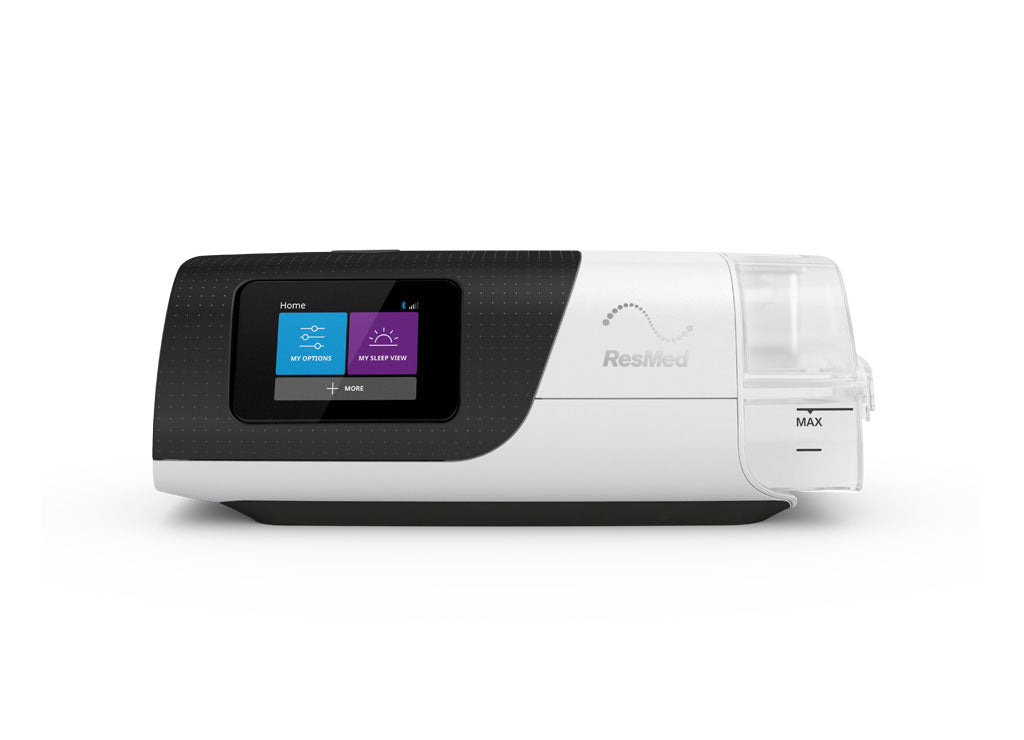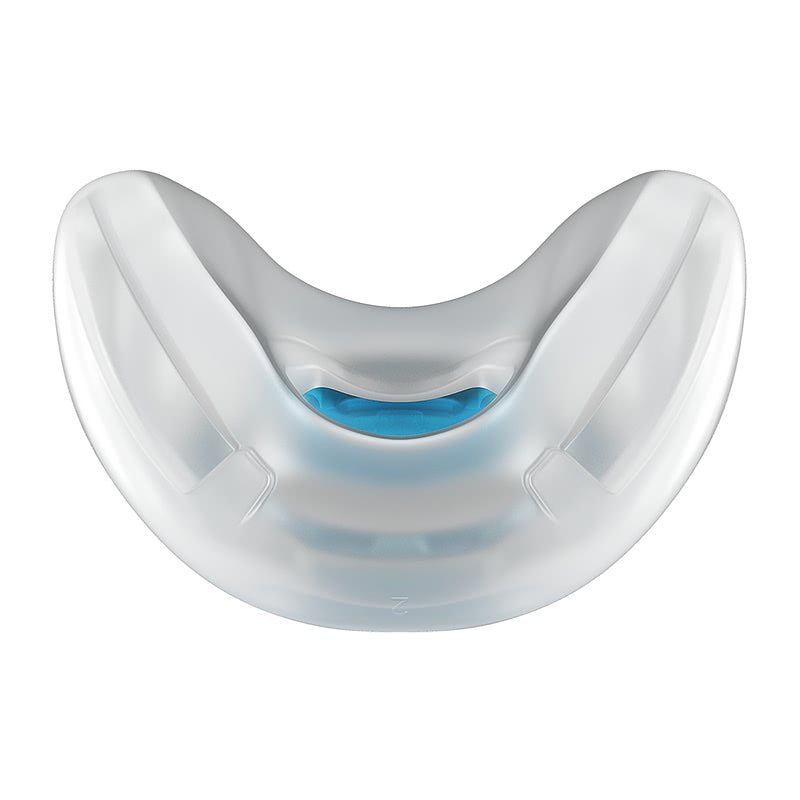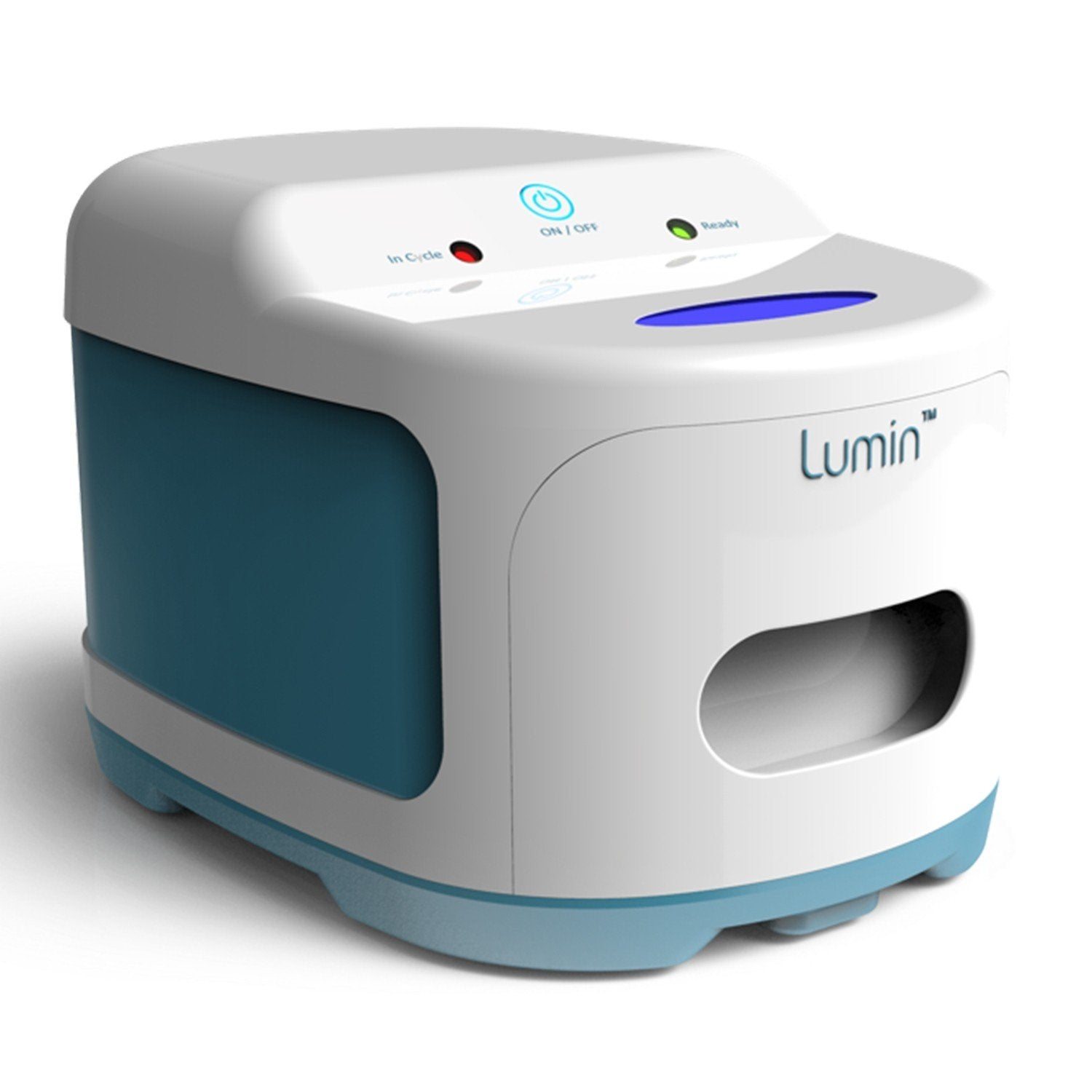
How is Sleep Apnea Related to Cardiology?
Share
Sleep apnea is a condition that can have a significant impact on the heart and the circulatory system. During sleep apnea, the airflow obstruction leads to a decrease in oxygen levels, which in turn increases the carbon dioxide levels in the blood. This causes the heart to work harder to pump oxygenated blood to the rest of the body.
Over time, the repeated episodes of low oxygen levels and increased carbon dioxide levels can cause damage to the heart and lead to the development of cardiovascular diseases. Sleep apnea has been linked to several cardiac conditions, including:
-
Hypertension: Sleep apnea is a significant risk factor for hypertension. The repeated episodes of oxygen desaturation during sleep can cause the body to release stress hormones, which can increase blood pressure. This can cause damage to the arteries, leading to the development of hypertension.
-
Arrhythmias: Sleep apnea has been linked to the development of various arrhythmias, including atrial fibrillation. The frequent episodes of low oxygen levels during sleep can cause changes in the heart's electrical system, leading to abnormal heart rhythms.
-
Heart Failure: The repeated episodes of low oxygen levels during sleep can cause damage to the heart muscle, leading to the development of heart failure. This condition occurs when the heart is unable to pump enough blood to meet the body's needs.
-
Coronary Artery Disease: Sleep apnea has been linked to the development of coronary artery disease, which occurs when there is a buildup of plaque in the arteries that supply blood to the heart. The low oxygen levels and increased carbon dioxide levels during sleep can cause inflammation and damage to the arteries, leading to the development of coronary artery disease.
Potential Risks Associated with Sleep Apnea
If left untreated, sleep apnea can increase the risk of developing several cardiac conditions, including hypertension, arrhythmias, heart failure, and coronary artery disease. Sleep apnea can also increase the risk of stroke and other cardiovascular diseases.
Treatment Options for Sleep Apnea
The most common treatment for sleep apnea is Continuous Positive Airway Pressure (CPAP) therapy. This treatment involves the use of a machine that delivers a continuous stream of air through a mask worn over the nose and mouth during sleep. The air pressure helps to keep the airway open and prevent the obstruction that causes sleep apnea.
In some cases, lifestyle changes such as weight loss and avoiding alcohol and sedatives before bedtime can also help to reduce the severity of sleep apnea.
Conclusion
Sleep apnea is a common condition that can have a significant impact on the heart and the circulatory system. The repeated episodes of low oxygen levels and increased carbon dioxide levels during sleep can cause damage to the heart and lead to the development of several cardiac conditions, including hypertension, arrhythmias, heart failure, and coronary artery disease. If you are experiencing symptoms of sleep apnea, it is essential to seek medical attention and undergo diagnostic testing to determine the severity of the condition and the best treatment options available.




